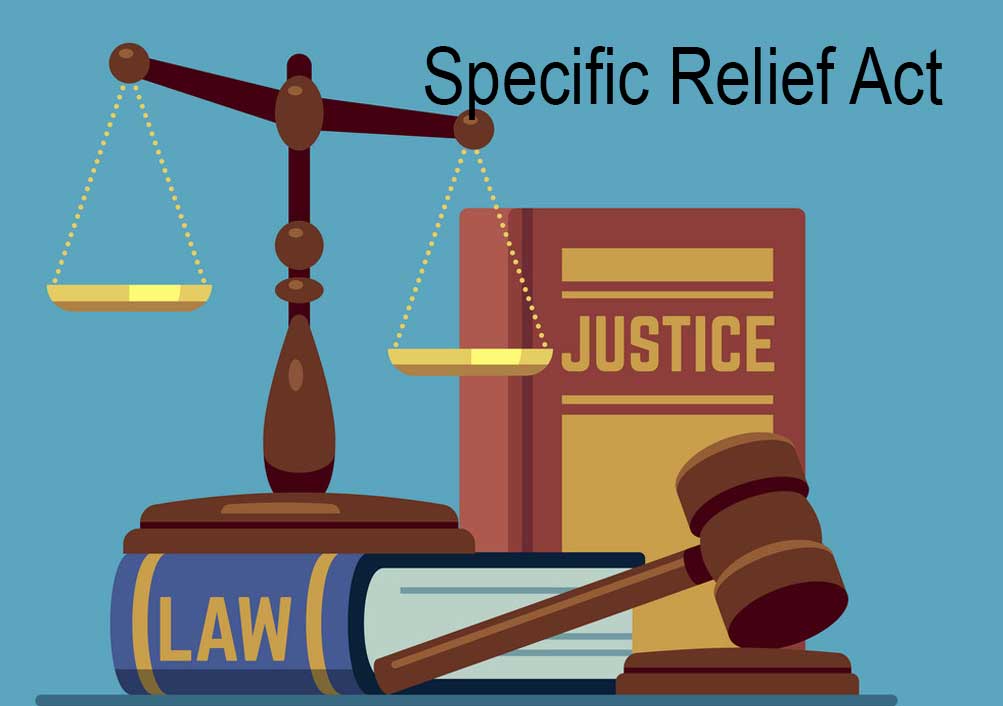In CIVIL APPEAL NO. 4703 OF 2022-SC- Sec.16(c) of Specific Relief Act, 1963 bars relief of specific performance of contract in favour of person, who fails to prove his readiness & willingness to perform his part of contract: SC Justices Indira Banerjee & Hrishikesh Roy [12-07-2022]

Read Order: U.N. KRISHNAMURTHY (SINCE DECEASED) THR. LRS v. A. M. KRISHNAMURTHY
Mansimran Kaur
New Delhi, July 15, 2022: In a case pertaining to the Specific Relief Act, 1963, the Supreme Court has affirmed that to aver and prove readiness and willingness to perform an obligation to pay money, in terms of a contract, the plaintiff would have to make specific statements in the plaint and adduce evidence to show availability of funds to make payment in terms of the contract in time.
The Division bench of Justice Indira Banerjee and Justice Hrishikesh Roy allowed the present appeal directed against the final judgment passed by the Madras High Court with the observation that no evidence was adduced on behalf of the respondent -plaintiff as to how he was in a position to pay or make arrangements for payment of the balance sale consideration within time.
In the plaint it was pleaded that the original defendant, U.N. Krishnamurthy’s father, U.R. Narasaiah had executed a will on or about bequeathing the suit property to the original defendant, U.N. Krishnamurthy. After the death of his father, U.R. Narasaiah, the original defendant-U. N. Krishnamurthy became the absolute owner of the suit property. It was the case of the appellant that while the original defendant was getting the suit property whitewashed, a real estate agent approached the original defendant with an offer to arrange the sale of the suit property at a good price.
As per the pleadings in the plaint, the original Defendant agreed to sell the suit property to the respondent- plaintiff. It was the case of the respondent- plaintiff that the original defendant conceded to sell the property to the respondent for a consideration of Rs 15,10,000, out of which sum of Rs.10,001 was paid by the Respondent Plaintiff to the original Defendant in advance. The respondent plaintiff approached the original Defendant with the balance consideration several times and requested the original defendant to execute the sale deed in his favor, but the original defendant kept deferring the execution of the sale deed on one pretext or the other.
Consequently, the respondent plaintiff issued a legal notice for execution of the sale deed. However, the original defendant refused to execute the same.In this backdrop, the respondent filed the suit. The Trial Court found that the respondent was willing to perform his part of the contract and was thus entitled to the relief of specific performance. By the impugned judgment and order dated October 30, 2017, the High Court upheld the judgment and decree passed by the Trial Court and so this appeal was filed.
After hearing the submissions of the parties, the Court noted that the primary question that was posed for determination before this Court was whether the respondent proved his readiness and willingness to perform his part of the contract or not.
In respect of the same, the Court observed, “Section 16 (c) of the Specific Relief Act, 1963 bars the relief of specific performance of a contract in favour of a person, who fails to aver and prove his readiness and willingness to perform his part of contract.” Reliance was placed by the Court on the judgments of the Top Court in Man Kaur v. Hartar Singh Sangha , Pt. Prem Raj v. D.L.F. Housing and Construction (Private) Ltd. And Anr, N.P. Thirugnanam v. Dr. R. Jagan Mohan Rao and Ors, Umabai v. Nilkanth Dhondiba Chavan and K.S. Vidyanadam v. Vairavan.
It was further observed that the fact that the suit was filed after three years, just before expiry of the period of limitation, was also a ground to decline the respondent- plaintiff the equitable relief of Specific Performance for purchase of immovable property. Thus, the Court opined that no evidence was adduced on behalf of the respondent-plaintiff as to how he was in a position to pay or make arrangements for payment of the balance sale consideration within time.
The Courts below also erred in not adjudicating upon this vital issue except to make a sweeping observation that the respondent-plaintiff, being a businessman, had sources to arrange the balance funds.On careful study of the balance sheet dated March 31, 2003, the Bench noted that the respondent -plaintiff did not have sufficient funds to discharge his part of contract. Thus in light of the aforesaid observations, the Court was of the considered view that respondent- plaintiff was not entitled to the relief of specific performance. Accordingly, the appeal was allowed.
Sign up for our weekly newsletter to stay up to date on our product, events featured blog, special offer and all of the exciting things that take place here at Legitquest.




Add a Comment